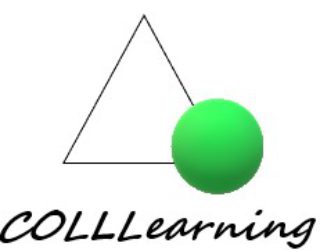Eurig Scandrett, Global Perspectives and Education for Sustainable Development for Lifelong Learning , IFLL, 2008
“This paper aims to summarise the importance of including the recognition of globalisation and the global dimension within the debates on education for sustainable development in the context of adult learning. It builds on research the author has completed on global skills, global and sustainability issues with the engineering profession and engagement with the Decade on Education for Sustainable Development and the Earth Charter. Central to the message of this paper is the need to see education for sustainable development in the context of globalisation and global perspectives and as an opportunity to promote learning that encourages making connections to quality of life and social and political engagement in society.”
- The UN Decade of Education for Sustainable Development
(DESD 2005-2014) The First Two Years
- Agenda 2030 – Education and Lifelong Learning in the Sustainable Development Goals, DVV International, 2016
Heribert Hinzen / Sylvia Schmitt (Editors
-
Education for people and planet: Creating sustainable futures for all, UNESCO, 2016
Sustainable futures for all
Global Education Monitoring Report (GEM), UNESCO, 2016“The 2016 Global Education Monitoring Report (GEM Report) is both masterful and disquieting. This is a big report: comprehensive, in-depth and perspicacious. It is also an unnerving report. It establishes that education is at the heart of sustainable development and the Sustainable Development Goals (SDGs), yet it also makes clear just how far away we are from achieving the SDGs. This report should set off alarm bells around the world and lead to a historic scale-up of actions to achieve SDG 4.
The GEM Report provides an authoritative account of how education is the most vital input for every dimension of sustainable development. Better education leads to greater prosperity, improved agriculture, better health outcomes, less violence, more gender equality, higher social capital and an improved natural environment. Education is key to helping people around the world understand why sustainable development is such a vital concept for our common future. Education gives us the key tools – economic, social, technological, even ethical – to take on the SDGs and to achieve them. These facts are spelled out in exquisite and unusual detail throughout the report. There is a wealth of information to be mined in the tables, graphs and texts.
Yet the report also emphasizes the remarkable gaps between where the world stands today on education and where it has promised to arrive as of 2030. The gaps in educational attainment between rich and poor, within and between countries, are simply appalling. In many poor countries, poor children face nearly insurmountable obstacles under current conditions. They lack books at home; have no opportunity for pre-primary school; and enter facilities without electricity, water, hygiene, qualified teachers, textbooks and the other appurtenances of a basic education, much less a quality education. The implications are staggering. While SDG 4 calls for universal completion of upper secondary education by 2030, the current completion rate in low-income countries is a meagre 14% (Table 10.3 of the full report).”

